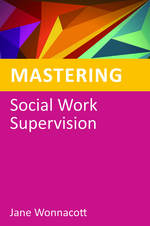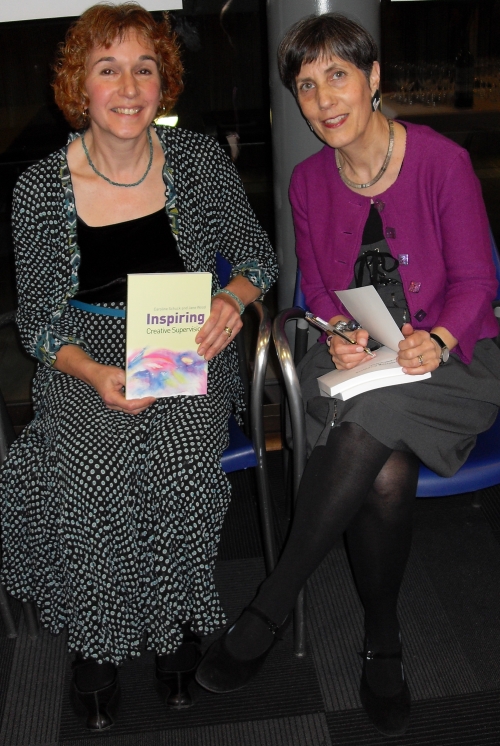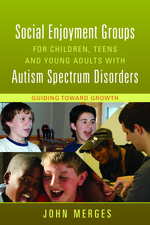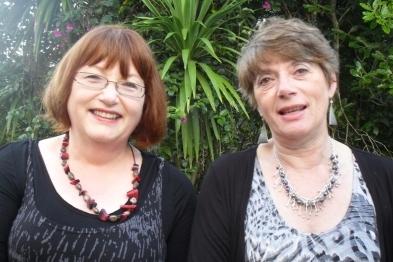Mastering Social Work Supervision – An Interview with Jane Wonnacott
“One of the reasons that I am so convinced about the importance of supervision is the experience I had as a trainee social worker over thirty years ago. My supervisor was absolutely committed to social work, genuinely interested in me and how I was developing, challenged me when needed and encouraged me to try out new ways of working. At times I might have taken a few (manageable) risks, but it was a from a safe secure base. I think it was the combination of a supervisor who was motivated herself and able to motivate and encourage others that made the diference.”









